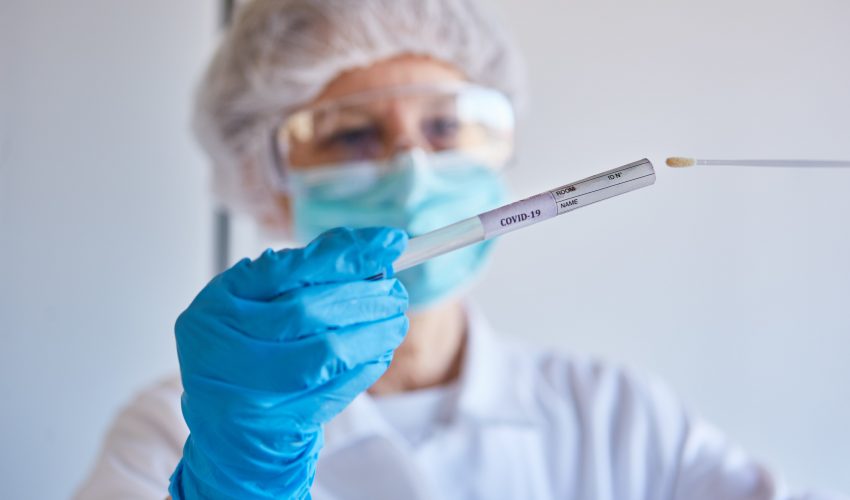Post Views: 1,238
Views No Comments
COVID-19 has caused anxiety and confusion to most, if not all of us, especially to those in the medical community. We have all been aware of the statistics: how fast the number of positive cases is growing, the number of mortality, and even the number of recovered patients. The public is also being informed about the signs and symptoms of the virus. However, for some people, this can cause them to mistake a sneeze related to allergies, to a sneeze related to the coronavirus.
The CDC guidelines tell us to pay attention to flu-like symptoms such as fever, coughs, colds, body weakness, fatigue, and headaches. The public has also been warned about other respiratory ailments like having difficulty in breathing, persistent chest pain, and even having cyanosis or bluish discoloration in the face or lips.
What could be the problem then? Many of these are common symptoms that are experienced daily by most. Someone having allergic rhinitis (runny nose), asthma attack (chest tightness), or even low hemoglobin count can have the abovementioned signs. Therefore, many people are thinking about getting tested.
Health departments from different states and even localities have guidelines that differ from one to another. Fortunately, there are some common rules we can identify. The majority of the states say that testing should be reserved for individuals who had direct or close contact with a person infected with COVID-19. By definition, direct contact is touching or being exposed to an infected patient’s secretions.
Another testing guideline suggests that you should be tested if you are experiencing symptoms and have traveled to Level 2 or Level 3 countries as issued by the Centers for Disease Control and Prevention (CDC). This applies to those who have undergone mandatory or precautionary quarantine after traveling to those countries.
On the other hand, other countries have been doing mandatory testing to identify the extent of the coronavirus infection in their region.
Although getting tested is a wise decision, not everyone can do it. We don’t have the testing capacity in the US to test the entire population. The health care providers or clinicians have been given the mandate to implement testing as guided by their professional and scientific judgments. They are assigned to identify people who should be tested.
If you are still not sure about whether or not you should get tested, be aware that you are prioritized for testing if you are having the signs of respiratory illness and fever. Other qualifications for being tested include if you:
In most states, testing has been controlled due to the limited availability of resources. These priorities have been implemented to:
In areas where COVID-19 testing is not a problem, testing can be done to prevent a rapid increase in the number of coronavirus cases in people who are symptomatic and work in critical infrastructures. Those who are not showing any signs or symptoms can also be tested and prioritized if they are health care workers or if they live in a community with high COVID-19 cases.
Typically, having the indications of COVID-19 should prompt you to get tested. The urge to get tested becomes higher if you belong to the priority list, have direct or close contact with an individual with a positive test, and you have a history of travel abroad.
Nonetheless, you can take an online symptom checker to help you identify if you need immediate medical attention.
COVID-19 has caused anxiety and confusion to most, if not all of us, especially to those in the medical community. We have all been aware of the statistics: how fast the number of positive cases is growing, the number of mortality, and even the number of recovered patients. The public is also being informed about the signs and symptoms of the virus.

